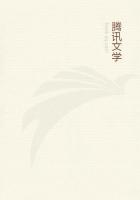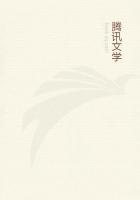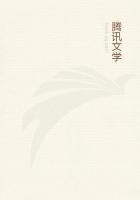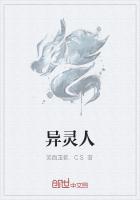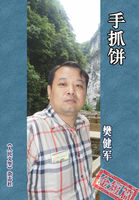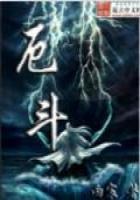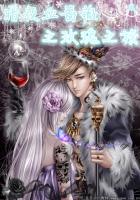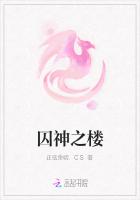Again, look among the things of which the given species is predicated as genus, and see if what is rendered as its genus be also predicated in the category of essence of the very things of which the species is so predicated, and likewise if all the genera higher than this genus are so predicated as well. For if there be anywhere a discrepancy, clearly what has been rendered is not the true genus: for had it been the genus, then both the genera higher than it, and it itself, would all have been predicated in the category of essence of those objects of which the species too is predicated in the category of essence. If, then, you are overthrowing a view, it is useful to see whether the genus fails to be predicated in the category of essence of those things of which the species too is predicated. If establishing a view, it is useful to see whether it is predicated in the category of essence: for if so, the result will be that the genus and the species will be predicated of the same object in the category of essence, so that the same object falls under two genera: the genera must therefore of necessity be subordinate one to the other, and therefore if it be shown that the one we wish to establish as genus is not subordinate to the species, clearly the species would be subordinate to it, so that you may take it as shown that it is the genus.
Look, also, at the definitions of the genera, and see whether they apply both to the given species and to the objects which partake of the species. For of necessity the definitions of its genera must be predicated of the species and of the objects which partake of the species: if, then, there be anywhere a discrepancy, clearly what has been rendered is not the genus.
Again, see if he has rendered the differentia as the genus, e.g.
'immortal' as the genus of 'God'. For 'immortal' is a differentia of 'living being', seeing that of living beings some are mortal and others immortal. Clearly, then, a bad mistake has been made; for the differentia of a thing is never its genus. And that this is true is clear: for a thing's differentia never signifies its essence, but rather some quality, as do 'walking' and 'biped'.
Also, see whether he has placed the differentia inside the genus, e.g. by taking 'odd' as a number'. For 'odd' is a differentia of number, not a species. Nor is the differentia generally thought to partake of the genus: for what partakes of the genus is always either a species or an individual, whereas the differentia is neither a species nor an individual. Clearly, therefore, the differentia does not partake of the genus, so that 'odd' too is no species but a differentia, seeing that it does not partake of the genus.
Moreover, see whether he has placed the genus inside the species, e.g. by taking 'contact' to be a 'juncture', or 'mixture' a 'fusion', or, as in Plato's definition,' 'locomotion' to be the same as 'carriage'. For there is no necessity that contact should be juncture: rather, conversely, juncture must be contact: for what is in contact is not always joined, though what is joined is always in contact. Likewise, also, in the remaining instances: for mixture is not always a 'fusion' (for to mix dry things does not fuse them), nor is locomotion always 'carriage'. For walking is not generally thought to be carriage: for 'carriage' is mostly used of things that change one place for another involuntarily, as happens in the case of inanimate things. Clearly, also, the species, in the instances given, has a wider denotation than the genus, whereas it ought to be vice versa.
Again, see whether he has placed the differentia inside the species, by taking (e.g.) 'immortal' to be 'a god'. For the result will be that the species has an equal or wider denotation: and this cannot be, for always the differentia has an equal or a wider denotation than the species. Moreover, see whether he has placed the genus inside the differentia, by making 'colour' (e.g.) to be a thing that 'pierces', or 'number' a thing that is 'odd'. Also, see if he has mentioned the genus as differentia: for it is possible for a man to bring forward a statement of this kind as well, e.g. that 'mixture' is the differentia of 'fusion', or that change of place' is the differentia of 'carriage'. All such cases should be examined by means of the same principles: for they depend upon common rules: for the genus should have a wider denotation that its differentia, and also should not partake of its differentia; whereas, if it be rendered in this manner, neither of the aforesaid requirements can be satisfied: for the genus will both have a narrower denotation than its differentia, and will partake of it.
Again, if no differentia belonging to the genus be predicated of the given species, neither will the genus be predicated of it; e.g. of 'soul' neither 'odd' nor 'even' is predicated: neither therefore is 'number'. Moreover, see whether the species is naturally prior and abolishes the genus along with itself: for the contrary is the general view. Moreover, if it be possible for the genus stated, or for its differentia, to be absent from the alleged species, e.g. for 'movement' to be absent from the 'soul', or 'truth and falsehood' from 'opinion', then neither of the terms stated could be its genus or its differentia: for the general view is that the genus and the differentia accompany the species, as long as it exists.

